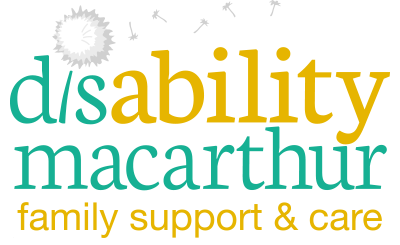
As a chill hits the air in south west Sydney this winter, local health experts are warning residents to stay abreast of seasonal dangers that could lead to accidents.
While keeping warm is a priority, keeping safe should go hand in hand, says Campbelltown and Camden Hospitals Emergency Department Director Sellappa Prahalath.
“During winter months we see an increase in presentations to our emergency department from winter related injuries around the home,” Dr Prahalath said.
“Indoor health hazards can come from products that cause burns like hot water bottles, electric blankets or heaters.
“Faulty electrical items can also overheat, give an electric shock, or even spark a fire.
“Simple precautions when preparing for winter months can help keep people safe and away from the Emergency Department,” he said.
Dr Prahalath said the following tips might help avoid an unwanted hospital admission:
– Don’t leave heaters where people or pets could knock them over or near curtains or tablecloths
– Never use an outdoor heater inside
– Use warm, not boiling water to fill hot water bottles and make sure they’re not leaking
– Wrap hot water bottles and heat packs in towels to avoid scalding the skin
– Always keep children away from open heat sources like fireplaces and gas stoves, and remember that even clothing with a “low fire danger’’ label can still catch on fire
– Follow the rule “keep a metre from the heater’’: keep children, furniture, clothes and curtains at least one metre away from heaters and fireplaces at all times
– If you have a fireplace in your home then make sure the chimney isn’t blocked, and place a screen in front of the fireplace
– Always turn saucepan handles away from the edge of the stove
– Always make sure that hot liquids (including coffee, tea, noodles and soup) are well out of reach of children
– Winter is a good opportunity to ensure smoke alarms are functioning and contain a charged battery
“It’s incredibly important to apply first aid as soon as the burn occurs,” Dr Prahalath said.
“Immediately place the burn under cool, running tap water – not ice – for at least 20 minutes.
“For a scald, try and remove wet clothing that isn’t stuck to the burn, as material can hold heat and cause a deeper burn.
“Cover the burn loosely with plastic wrap (except on the face) and keep the person warm. Use a clean damp cloth if plastic wrap is not available.
“It’s important to seek medical attention for burns larger than a 20 cent piece or if there are blisters,” he said.



